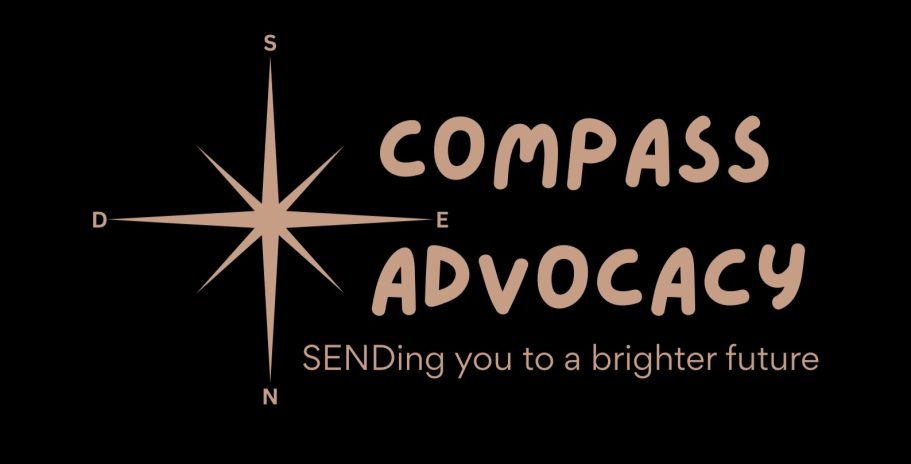
Frequently Asked Questions..
1. What is an Education Health Care Plan (EHCP) and what is it for?
The SEND Regulations 2015 says:
“The purpose of an EHC plan is to make special educational provision to meet the special educational needs of the child or young person, to secure the best possible outcomes for them across education, health and social care and, as they get older, prepare them for adulthood..” (9.2)
Simply put, an EHC Plan is a legal document that outlines your child's educational, health and care needs, and the support they will get to reach their full potential. It is drafted and maintained by the local authority to support children/young people (CYP) who's needs can't be met by support that is universally available at their school.
2. What is the threshold/criteria for an EHCNA (Education Health Care Needs Assessment)?
Many local authorities will try to decline a needs assessment with unlawful reason, including; the child/young person (CYP) is too young/too old, the CYP does not have a diagnosis, the CYP is doing well academically, the CYP's educational establishment has not yet completed 3 rounds of Assess, Plan, Do, Review (also called Individual Education Plan, Individual Learning Plan, One Plan etc.
SEND Regulation 36 states:
(8)The local authority must secure an EHC needs assessment for the child or young person if, after having regard to any views expressed and evidence submitted under subsection (7), the authority is of the opinion that—
(a)the child or young person has or may have special educational needs, and
(b)it may be necessary for special educational provision to be made for the child or young person in accordance with an EHC plan.
This is the ONLY threshold legally applicable. If your CYP meets these (low) thresholds, by law your local authority MUST assess.
3. How long does the EHCP process take?
By law, the local authority has 20 weeks from initial EHCNA request to make a decision. Many local authorities go beyond this however this is illegal. Each step of the EHCNA process has its own time-scale, shown in the image to the left. There are very few exceptions to this time-scale. These are outlined in SEND Regulation 10(4) (a) to (d) HERE
Anything outside of these reasons are unlawful and should be challenged.
4. Is it only educational settings who can apply for an EHCP?
No! Typically, requests are made by schools, nurseries, colleges and other educational settings, but you as a parent, have a right to request an assessment yourself. Your local authority website will provide you with details on how to get the process started, or here at Compass Advocacy SEND, we can signpost you to the correct pathway. Once a parental request is made, educational settings have 15 days to submit their evidence, so it's always best to let them know you'll be making such request, to ensure they have time to prepare.
5. Who will do the assessment?
Once a request is made, the local authority will contact either yourself, or your child's educational setting (depending on who made the initial request). They will gather this evidence within 15 days and present it to panel to determine if you child meeds the threshold for assessment. They will contact you within 6 weeks of the request to let you know. If they local authority agree to assess, they then have 6 weeks to gather evidence. This must ALWAYS include an assessment from an Educational Psychologist. As parents, you may also request the local authority gathers evidence from other services such as Occupational Therapy, CAHMS, Speech and Language, Physiotherapy etc, depending on your individual child's needs. The full list of required assessments are outlined in SEND Regulation 6 HERE.
Self-Help Resource Links
Special educational needs and disability A guide for parents and carers
Refusal to Assess Guidance - IPSEA
Refusal to Issue Guidance - IPSEA
Appealing EHCP Content Guidance - IPSEA
What happens during an EHCNA Guidance - IPSEA
Exclusions from School Guidance - ISPEA
Disability Discrimination Guidance - IPSEA
How the Local Authority Should Help Guidance - IPSEA
Making a Complaint Guidance - IPSEA
We need your consent to load the translations
We use a third-party service to translate the website content that may collect data about your activity. Please review the details in the privacy policy and accept the service to view the translations.
